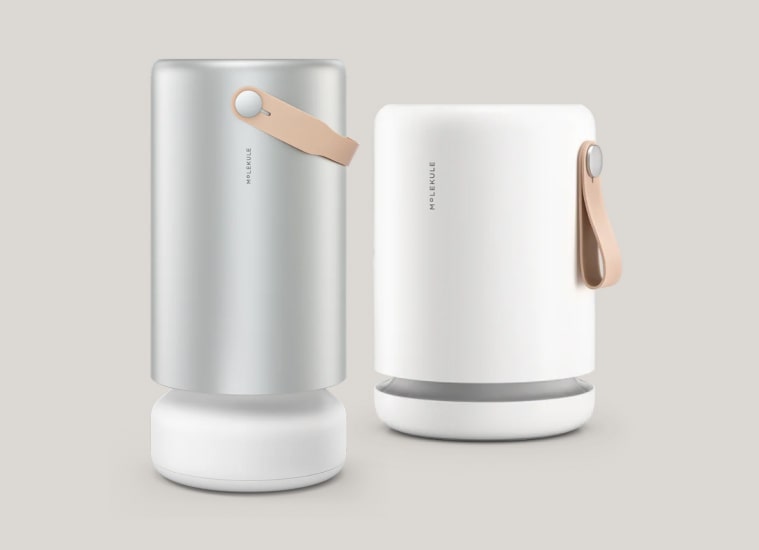5 Ways to Reduce Acid Reflux
Connection Between Acid Reflux and Asthma

While it’s currently labeled as more correlation than causation, there is a connection between asthma and acid reflux. Though we can’t say that they’re directly linked, there has to be some relationship to the fact that asthma patients are twice as likely to develop acid reflux than those who don’t have asthma. That’s one of the many reasons that we treat GERD (gastroesophageal reflux disease) at the Allergy, Asthma, & Immunology Medical Group. We know you don’t want to have to go to the doctor every time you have a flare up with acid reflux, so here are some ways to reduce and treat it.
Make a Smart Lifestyle Change
Heartburn is the #1 symptom that those who suffer GERD have to deal with. Typically brought on by fried, greasy, spicy, chocolatey, or acidic foods, the easiest way to avoid heartburn is to stop eating the food that gives it to you. While not all food will give you heartburn, it’s important to test out what’s safe to eat and what causes a flare up so that you can avoid it in the future.
Watch When You Eat Before Bed
 Even if you decide to cheat the healthy eating lifestyle and pig out every now and then, keep an eye on when you’re actually pigging out. You can reduce the risk for a bad flare up overnight by finishing up your last meal at least 4 hours before bed. Eating a few hours before you lie down ensures that your digestive system can work with gravity to speed up the process.
Even if you decide to cheat the healthy eating lifestyle and pig out every now and then, keep an eye on when you’re actually pigging out. You can reduce the risk for a bad flare up overnight by finishing up your last meal at least 4 hours before bed. Eating a few hours before you lie down ensures that your digestive system can work with gravity to speed up the process.
Lose Weight
Switching to a healthier lifestyle also implies that you’re going to have to kick up the exercise. Extra weight on your body puts pressure on the esophagus, increasing the risk of acid rising up. If you want to avoid painful bouts of acid reflux and professional treatment from the experts, losing weight with consistent diet and exercise is highly recommended.
Cut Off Caffeinated and Alcoholic Beverages
Both caffeine and alcohol allows acid to flow back up the esophagus by loosening the sphincter, which controls the path between the esophagus and the stomach. Caffeine and alcohol should be avoided as often as possible, but if you can’t help it, just make sure that it’s the appropriate amount of hours before you lay down for bed.
Wear Loose Clothing
Tighter clothing opens up the risk of blocking digestion by compressing the internal organs. Looser clothing leaves open range of motion. Plus, wearing sweats is always more comfortable than wearing a fancy pair of slacks with a belt.
Do You Need Further Acid Reflux Treatment?
Sometimes, changing your diet, habits, and lifestyle isn’t enough. That’s where the doctors come in. Here at the Allergy, Asthma, & Immunology Medical Group, all you have to do is request an appointment for one of our professionals to get to the bottom of why you’re experiencing acid reflux. Please contact the Allergy, Asthma, & Immunology Medical Group today.




